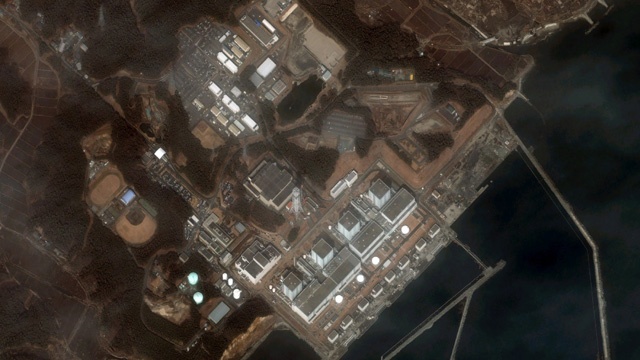Japan invites residents to return to radiation-hit Fukushima town
Residents of Naraha will returns from Saturday to live in the town near the Fukushima nuclear power pla…
The Japanese town of Naraha lifted a 2011 evacuation order Saturday, the first since the nearby Fukushima nuclear power plant melted down as a result of a devastating tsunami.
It was evacuated in March 2011 after the Fukushima plant was smashed by the magnitude-9.0 quake and tsunami near Sendai, setting off the worst nuclear disaster since Chernobyl.
Matsumoto said he hoped Naraha could set a good example of a recovering town for the other affected municipalities.
The approximately 7,400 residents of Naraha were evacuated following the March 11th disaster.
On September 5, the town government, which relocated its functions to Iwaki and other municipalities in Fukushima Prefecture, began to resume operations at the town office building in central Naraha. Work to decommission the plant is estimated to cost $50 billion and will take years to complete.
Some 100,000 people in the area are still unable to return to their homes.
Mr Matsumoto said that fear of radiation and nuclear safety was still present, and that Naraha had a long way to go in its recovery. It would be without a medical clinic until October and a new prefectural hospital would not be ready until February next year.
A grocery store started free delivery services in July, and a shopping centre will open next year.
To address lingering radiation concerns, dosimeters will be handed out and 24-hour monitoring will be conducted at a water filtration plant.
The number of residents allowed to return home is the largest with the lifting of the Naraha evacuation order. Also, tap water will be tested at households on the lookout for radioactive contamination.
Naraha was re-designated as an area in August 2012 which was being made ready for the evacuation removal order.
She’d come to clean her home, Ms. Yokota told the AP, a house damaged by pests and rainwater leaks that now needs a full renovation.
“I still feel uneasy about some things, like radiation levels and the lack of a medical facility”, she said.








